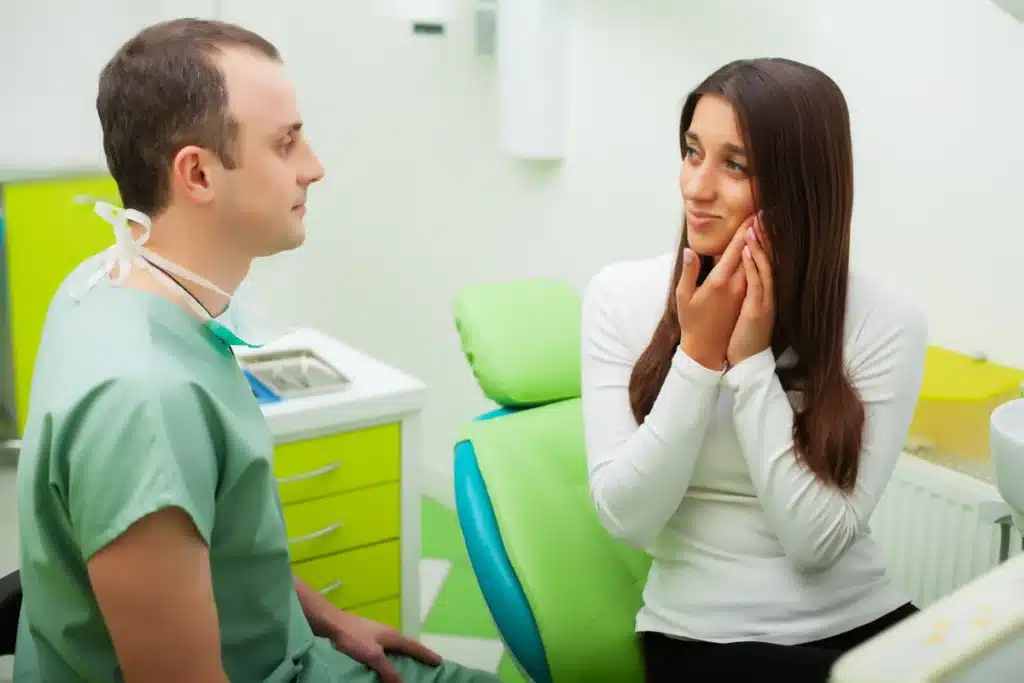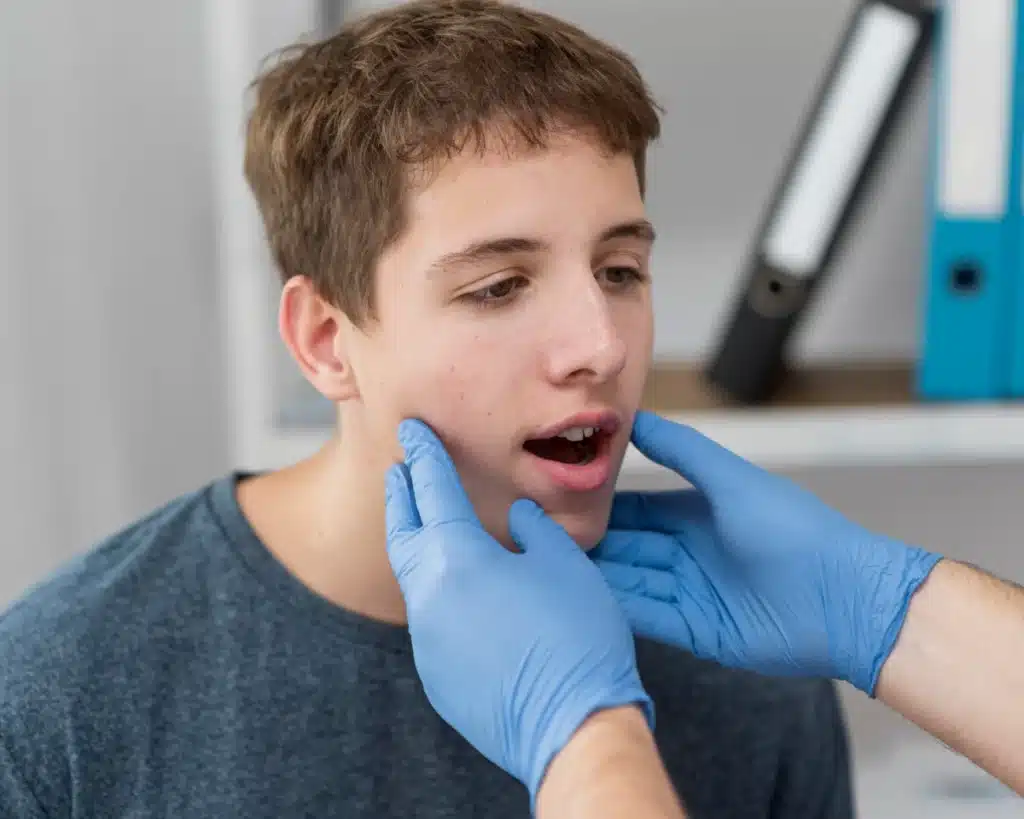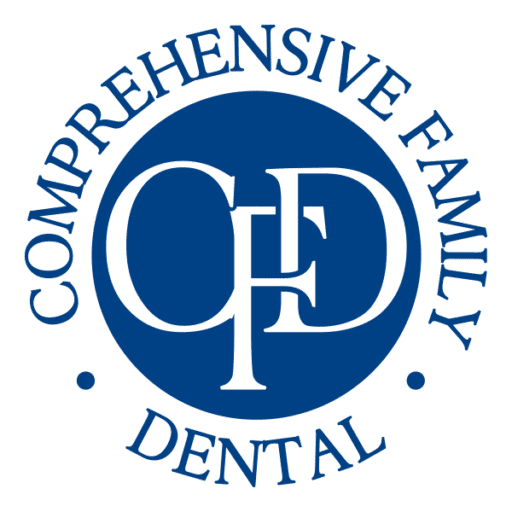If you suffer from temporomandibular joint (TMJ) disorder, you know how debilitating the pain can be. TMJ is a condition that affects the joint connecting your jawbone to your skull, causing symptoms such as jaw pain, headaches, neck pain, and difficulty opening and closing your mouth.
While TMJ can be a challenging condition to deal with, there are several easy and effective methods you can try at home to find relief and even cure TMJ permanently.
Understanding TMJ Disorders and Its Causes

Before delving into the solutions, it’s important to understand what causes TMJ disorder. There are several factors that can contribute to the development of TMJ, including:
Physical injury
Trauma or injury to the jaw joint can lead to TMJ discomfort. Trauma to the jaw, such as a heavy blow or whiplash, can damage the TMJ directly or the muscles and ligaments surrounding it. This can lead to misalignment or dysfunction of the joint, manifesting as pain and discomfort during jaw movements.
Arthritis
The TMJ, like any other joint, can be affected by arthritis. Osteoarthritis, resulting from wear and tear over time, and rheumatoid arthritis, an autoimmune condition, are the most common types that impact the TMJ. They cause the joint’s cartilage to degrade, leading to inflammation, stiffness, and pain.
Bruxism
This refers to the involuntary grinding or clenching of teeth, often during sleep but sometimes also during the day as a response to disordered breathing issue or sometimes stress. Bruxism exerts excessive force on the TMJ and the muscles controlling jaw movement, which can lead to overuse symptoms such as muscle soreness, joint pain, and even changes in the joint’s structure over time.
Dental and medical procedures
Certain procedures, particularly those requiring prolonged mouth opening (like wisdom tooth extraction or intubation during surgery), can strain the TMJ. This strain can cause or exacerbate TMJ disorder by stretching or damaging the joint’s components or by leading to post-procedural habits (like favoring one side of the mouth) that place uneven stress on the TMJ.
Ways to Cure TMJ Permanently

Using Moist Heat and Cold Compress
One of the simplest and most effective ways to alleviate TMJ discomfort is by applying moist heat or cold compress to the affected area. Moist heat helps relax the muscles and increase blood flow, while cold compress reduces swelling and numbs the area. Here’s how you can use both methods:
For moist heat, take a hot water bottle or a warm towel wrapped in a moist cloth and apply it to the painful area for about 15-20 minutes. Make sure the heat is comfortable and not too hot to avoid burns.
For a cold compress, wrap ice cubes in a clean cloth and apply it to the jaw joint for 10-15 minutes. Remember to use a light layer between the compress and your skin to prevent frostbite.
Jaw Exercises for TMJ Relief

Jaw exercises can help strengthen the muscles around the TMJ and improve mobility. Here are some simple exercises you can try:
Relaxing your jaw helps to reduce tension in the jaw muscles and promote relaxation. Gently rest your tongue behind your upper front teeth and allow your jaw to relax. Let your teeth come apart and avoid clenching.
Touch the roof of your mouth with your tongue and slowly open and close your mouth.
Use your thumb and index fingers to provide gentle resistance while trying to close and open your mouth, respectively. This helps strengthen the jaw muscles.
Avoiding Triggering Behaviors and Habits

Certain behaviors and habits can aggravate TMJ symptoms and should be avoided. These include:
Resting your jaw on your hand
Placing your hand under your chin or resting your jaw on your hand can cause additional pressure on the TMJ. Try to keep your hands away from your jaw.
Nail biting and teeth grinding
These habits can exacerbate TMJ discomfort. Consider using stress-relief techniques or wearing a night-guard to prevent teeth grinding during sleep.
Stress Reduction Techniques

Stress can contribute to TMJ symptoms and make them worse. Incorporating stress reduction techniques into your daily routine can help manage TMJ ache. Here are a few techniques to try:
Meditation and Yoga
Meditation is a powerful technique for reducing stress and promoting relaxation, which can be particularly beneficial for individuals experiencing tension in their jaw muscles, often associated with TMJ disorders. Yoga, with its comprehensive approach to well-being, can be particularly effective in reducing stress and relaxing jaw muscles, which are often tense in individuals with TMJ disorders or those experiencing high levels of stress.
Good Posture and Ergonomics

Maintaining an upright posture, both while sitting and standing, plays a significant role in alleviating discomfort associated with TMJ disorders. Proper posture ensures that the spine is aligned and the muscles of the neck and shoulders are not unduly strained. When the head is held high and the shoulders are back, it reduces the pressure on the jaw and, consequently, on the TMJ itself.
For individuals with sedentary jobs that require long periods of sitting, incorporating regular breaks to stretch and move around is vital for relieving tension in the jaw and neck muscles, areas closely linked to the health of the TMJ. This strain can exacerbate discomfort and contribute to the development or worsening of TMJ disorders.
Dietary Modifications

Cut food into smaller pieces
Taking smaller bites not only eases the process of chewing but also allows the jaw to maintain a more relaxed position during eating. This can be especially beneficial during flare-ups of TMJ ache when the joint and surrounding muscles may be more sensitive. By limiting the extent of jaw movement required to chew food, individuals can help prevent further irritation of the TMJ and contribute to a more comfortable eating experience.
Eat a balanced diet
Eating a balanced diet is fundamental not just for overall health but also for managing conditions like TMJ pain. A diet that emphasizes fruits, vegetables, lean proteins, and whole grains provides essential nutrients that can help reduce inflammation, a key factor in TMJ discomfort, and support the body’s healing processes.
Over-the-Counter Pain Relief
If the above methods do not provide sufficient relief, over-the-counter pain medications can be used to manage TMJ pain. Non-steroidal anti-inflammatory drugs (NSAIDs) like ibuprofen can help reduce inflammation and alleviate pain. However, consult with your healthcare provider before taking any medication.
Seeking Professional Help

While these home remedies can provide relief for mild to moderate cases of TMJ, it’s important to consult with a healthcare professional if your symptoms persist or worsen. They can provide a comprehensive evaluation and recommend treatments, such as physical therapy, orthotics or bite splints, or even laser therapy, if necessary.
What are the risks of not treating TMJ?

Neglecting to treat a TMJ disorder can lead to a progression of symptoms and potentially severe complications over time. Initially, untreated TMJ disorders may result in persistent pain and discomfort, affecting one’s ability to chew, speak, and even yawn without experiencing significant discomfort. Over time, this can lead to chronic pain conditions that extend beyond the jaw, including headaches, neck pain, and earaches.
Furthermore, the lack of treatment can result in the worsening of joint dysfunction, potentially leading to increased joint damage, arthritis within the TMJ, and decreased mobility of the jaw. This can significantly impact an individual’s quality of life, not only through physical symptoms but also by contributing to stress and anxiety related to chronic pain.
Conclusion

By incorporating these easy and effective methods into your daily routine, you can manage TMJ distress and improve your quality of life. Remember to consult with a healthcare professional for a proper diagnosis and guidance tailored to your specific condition. Comprehensive Family Dental is dedicated to providing comprehensive care for TMJ disorders and helping you find long-term relief.


